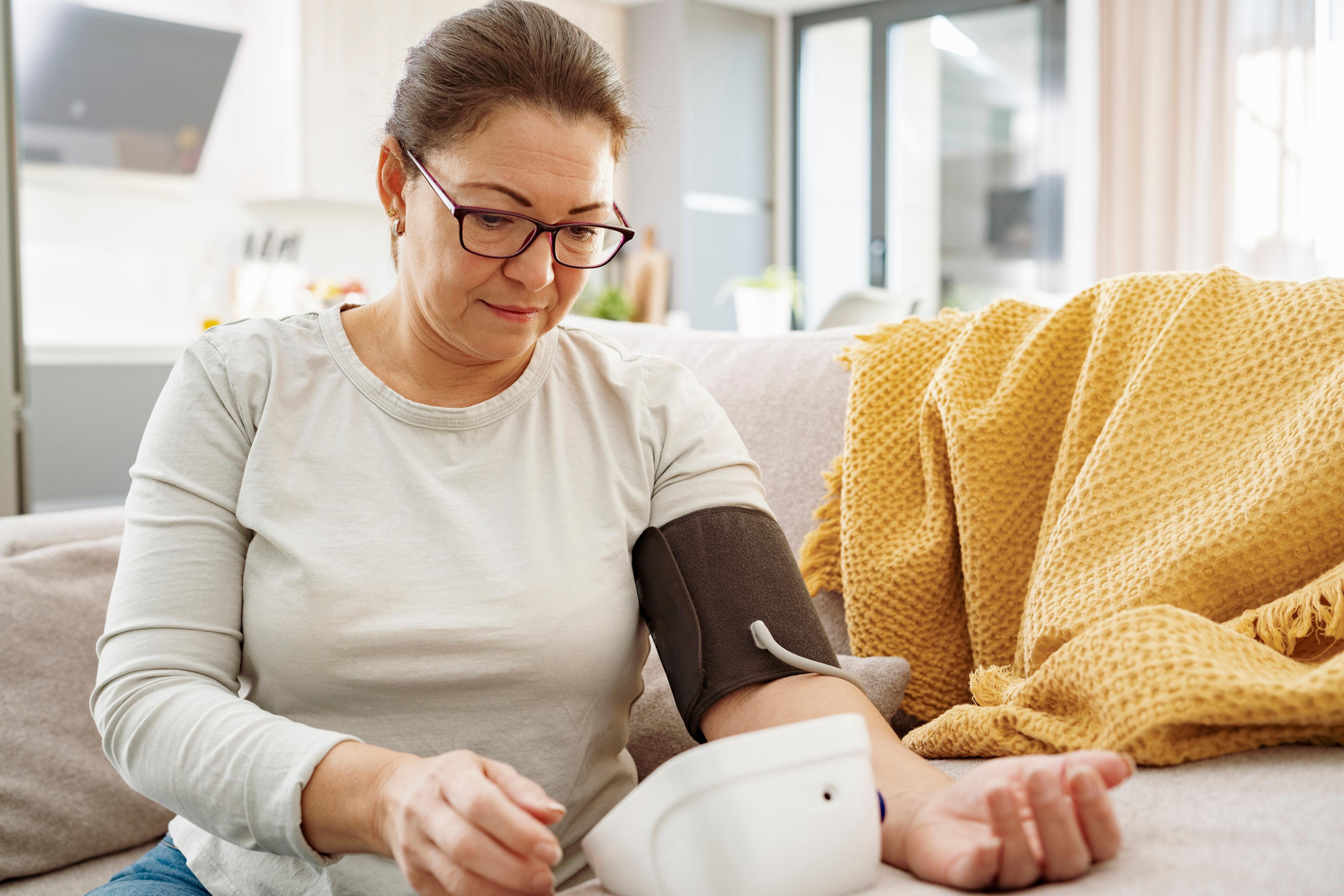Tips for Staying Substance-Free During a Pandemic
Julie Bitely
| 4 min read

During a global pandemic, many of the supports and routines people would have previously turned to as a way to stay well from substance use disorders aren’t available. Grabbing a cup of coffee with a sponsor or peer recovery coach violates physical distancing guidelines. In-person support groups simply aren’t an option right now. Experts say other pressures can add to the risk of drug or alcohol use reoccurrence. Dealing with new realities such as working in tight quarters with a spouse and kids 24/7 or living alone with little opportunity for human contact are both stressful. Many are facing job loss and financial strife along with worry about their own health and of those they love. Still others are essential workers and the increased stress and fear over getting sick or bringing home the virus to their loved ones could be problematic. “There are increased stressors in terms of not having typical structure, social rhythm, the emotional rhythm and the support someone might be used to,” explained Bill Pompos, manager, Behavioral Health, Blue Cross Blue Shield of Michigan. “There are a lot of stressors even within families as a result of this. Everyone is in close proximity with each other. There’s no place to go, you’re socializing with the same people nearly all the time – and that can lead to conflict. If you’re cooped up, you can ramp up those stressors very quickly.” People with a substance use disorder that have been abstinent could be at a higher risk for overdose if they turn to substance use as a coping mechanism, explained Dr. William Beecroft, medical director, Behavioral Health, Blue Cross Blue Shield of Michigan. Reintroducing substances to the body after a period of abstinence can be deadly, he continued. For individuals in recovery, both Beecroft and Pompos say there are steps you can take to remain substance-free. These include:
- Maintaining relationships. Just because you need to maintain physical distance right now, doesn’t mean you can’t socially connect. A simple text or phone call keeps you in touch with those who mean the most to you. You can also use digital apps such as Zoom or Google Hangouts to virtually chat. It could be helpful to make weekly or even daily check-in appointments with the supportive people in your life.
- Finding online help. Many support groups are meeting virtually. Reach out to your existing group to see if that’s an option or look for existing online communities through Alcoholics Anonymous, Narcotics Anonymous or other groups. Read more about how virtual groups are working here.
- Focusing on overall healthy behaviors. Making time for exercise, healthy eating and quiet reflection can keep you moving in the right direction. Physical movement can reduce cravings, a healthy, nourishing diet can improve the way you feel, and engaging in a meditative practice can still your mind. Beecroft said he used to have his patients write down 10 or more activities they can do when the urge to use substances comes up. Complete an activity on your list and keep working it until the desire subsides or you can talk to someone who can help.
- Finding a healthy distraction. Staying busy and productive right now can be an important strategy in maintaining recovery. Working on home projects, starting a craft or art project, taking an online class you’re interested in or catching up on movies or books can all be worthwhile distractions right now.
- Considering virtual therapy. If you’re currently seeing a therapist, it’s important to maintain that connection. Many behavioral health care providers are offering virtual visits online or by telephone. If you are a Blue Cross Blue Shield of Michigan or Blue Care Network member, call the behavioral health number on the back of your member ID card to find a provider if you don’t currently have one. “Trying to do this just by will is not an answer,” Beecroft said.
In the event of a reoccurrence, get help right away. Beecroft said a reoccurrence of using substances is sometimes a common part of staying well. There’s no reason to feel ashamed and it’s important to acknowledge that it happened and reach out for help right away. There are many ways to do that:
- If you’re a BCBSM or BCN member, call the behavioral health number on the back of your member ID card.
- Blue Cross Blue Shield of Michigan is offering a free crisis hotline for emotional support for members and non-members at 833-848-1764, which is staffed by BCBSM’s behavioral health partner New Directions.
- The Michigan Department of Health and Human Services (MDHHS) has launched a statewide warmline for Michigan residents living with persistent mental health challenges including anxiety, depression and trauma. It is available seven days a week from 10 a.m. to 2 a.m. at 888-PEER-753 (888-733-7753).
Related:
- Online Support for People with Substance Use Disorders
- Strategies to Manage Your Coronavirus Stress & Anxiety
- BCBSM Works with Providers to Launch Home-Based Substance Use Disorder Treatments
Photo credit: Getty Images





